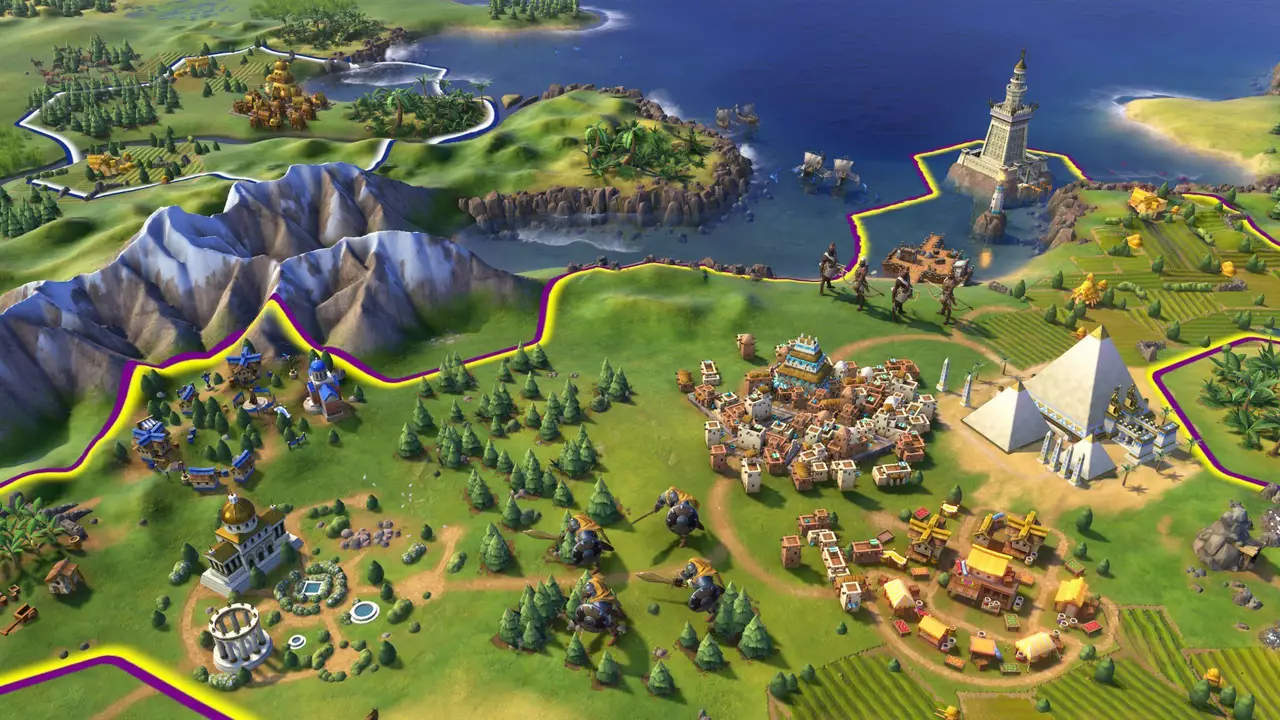Unmasking the Myth: Mathematics and Strategy Games
The strategy game genre often gets stamped with a stereotype - that it's all formulae and equations, a realm completely ruled by maths. I've heard the claim from many corners, "Oh, I don't like strategy games because I don't like math." It's like a knee-jerk reaction to anything that smells even faintly of numbers and calculations. Now don't get me wrong, I myself am not some ivory-tower mathematician zealously guarding the mysterious secrets of the number realm, but I love a good strategy game. That got me thinking: Are strategy games indeed all about math? Let's dive into this together.
Strategy Games: The Realm of the Mind
First, let's understand what strategy games are all about. They revolve around players making decisions - decisions that are layered in uncertainty and risk as you grapple with ongoing changes in the game environment. To succeed, players must tackle problems, plan, adapt, and coordinate actions. There's a lot of thinking involved, but this doesn't always entail hardcore calculation. It's like cooking a new recipe. Sure, there's a bit of measurement and timing involved, but it's mostly about understanding how the ingredients work together, adapting to the situation, and having fun.
The Math Behind the Curtain
It's true that math might form an underpinning to many strategy games. After all, games need rules, and rules often involve some form of numerical value or calculation. For instance in chess, perhaps the classic example of a strategy game, the movements and interactions between pieces can be interpreted mathematically. But, do we, as gamers, need to solve complex equations to play chess? Hardly! The game's appeal lies in its strategic depth, not in cracking mathematical codes. As a player, you focus on patterns, try to predict your opponent's moves, and make calculated risks, not on crunching numbers.
Crafting Strategy: Less Math, More Insight
The phrase 'strategy games' evokes images of epic battles, cunning plans, and tense standoffs, not so much algebra and calculus. It's a domain for intellects, not just human calculators. Strategy involves understanding the game at a deeper level - knowing the versatile moves, comprehending opponents’ motives, and making informed decisions. For example, take the popular strategy game 'Civilization'. While it does include some numbers and systems that can be understood mathematically, the core gameplay is more about understanding the dynamics, the interplay of various elements, and making judicious choices. If it were purely a math game, I dare say it wouldn't have its broad base of fans.
My Personal Encounter With Math and Strategy
With a 40% probability, I can recount here my first real brush with the link between maths and strategy games. A few years back, I spent countless nights playing 'StarCraft II'. As an aspiring zerg player, I tried to optimize my build order, seeking the perfect balance of resource gathering and units production. One night, brimming with newfound mathematical enthusiasm, I even built a spreadsheet to optimize my build sequence. Did it help? Yes, a bit. Did it make me enjoy the game more? Absolutely not.
A Word With Game Developers
Behind the scenes, game developers are indeed using a large amount of math to make sure their games are balanced, feel good to play, and provide a suitable challenge. On the back-end, math is a powerful tool for creating systems that are complex, engaging, and deep. Yet, how many of us gamers need advanced math knowledge to play and enjoy these games? Not a lot, I bet. The joy and excitement in gaming come from engaging gameplay, immersive storyline, relatable characters, visually captivating graphics, and much more.
Wrapping up the Math-Strategy Conundrum
In conclusion, while math may lurk in the underbelly of strategy games, it's not something that should deter anyone from trying them out. Even a basic understanding of mathematics can allow you to enjoy these games, and often, the strategic depth, the story, the characters, and the world-building greatly outweigh any math involved. At the core of it, these games are about immersion, decision-making, problem-solving, adaptation and fun - not a clandestine mathematical gauntlet! So, the next time you hear someone say, "I can't play that strategy game, I'm bad at math," smile, and gently remind them of the real joys of the genre. And perhaps then, we'll ideally see those frowns flipping into grins of eager anticipation for the next big game night!

Trenton Stryker
Hi, I'm Trenton Stryker, a gaming enthusiast with a passion for all things related to the virtual world. With my extensive knowledge and expertise in various gaming genres, I enjoy writing about the latest trends, sharing tips and tricks, and providing in-depth game reviews. My love for gaming has inspired me to create engaging content that helps fellow gamers stay informed and entertained. Join me on this exciting journey as I continue to explore the ever-evolving gaming universe.